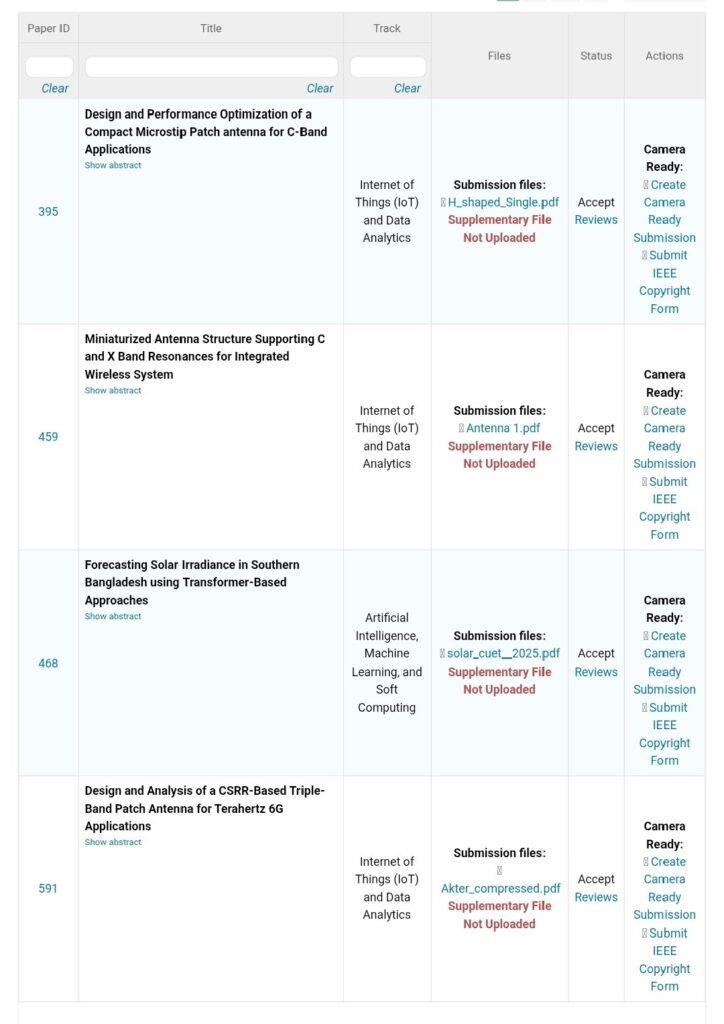Funding Your Research: Grants, Fellowships, and Online Opportunities
Conducting research requires time, effort, and resources. Whether you’re an independent researcher, a graduate student, or part of an academic institution, securing funding is often a major hurdle. Fortunately, various grants, fellowships, and online funding opportunities exist to support researchers across disciplines. In this guide, we’ll explore different funding sources and how to access them.
1. Understanding Research Funding
Research funding comes in multiple forms, including grants, fellowships, and sponsorships. Grants provide financial support without repayment obligations, while fellowships often include a stipend and resources to conduct research. Some institutions also offer project-based funding to encourage innovation and discovery.
2. Grants: Securing Financial Support for Your Research
Grants are one of the most common funding sources for researchers. They are typically offered by governments, non-profit organizations, and private foundations. Here are a few notable grant options:
Government Grants
- National Science Foundation (NSF): Supports STEM research across disciplines.
- Horizon Europe: A key funding program for research and innovation in Europe.
- NIH Research Grants: Focuses on medical and health-related studies.
Private & Institutional Grants
- Bill & Melinda Gates Foundation: Funds projects in global health and development.
- Ford Foundation Grants: Provides funding for social justice and human rights research.
- Institutional Research Grants: Many universities offer internal research funding for faculty and students.
How to Apply for Grants
- Identify grants that align with your research field.
- Prepare a strong research proposal outlining objectives, methodology, and impact.
- Follow application guidelines and deadlines.
- Seek mentorship from experienced researchers for grant writing.
3. Fellowships: Support for Researchers and Scholars
Fellowships provide financial aid, mentorship, and professional development opportunities. They are typically awarded based on academic excellence and research potential.
Popular Research Fellowships
- Fulbright Program: Supports international academic exchanges and research collaborations.
- Marie Skłodowska-Curie Actions (MSCA): Funds PhD students and postdoctoral researchers in Europe.
- Rhodes Scholarship: Supports outstanding students for study at the University of Oxford.
Tips for Securing a Fellowship
- Highlight your research impact and career goals.
- Showcase your academic achievements and leadership qualities.
- Obtain strong recommendation letters from mentors.
4. Online Funding Platforms for Researchers
The digital age has made research funding more accessible through online platforms. Crowdfunding, private sponsorships, and industry collaborations are viable options.
Crowdfunding & Online Platforms
- Experiment.com: A platform dedicated to funding scientific research.
- Kickstarter & GoFundMe: General crowdfunding platforms where researchers can pitch projects.
- ResearchGate & Academia.edu: Offer networking and potential funding collaborations.
Industry and Corporate Sponsorships
- Many companies offer research sponsorships in exchange for innovation and collaboration.
- Engage with industry leaders to secure funding for applied research.
5. Conclusion: Finding the Right Funding Path
Securing research funding requires persistence, strategic planning, and leveraging multiple sources. Whether through grants, fellowships, or online fundraising, researchers can access financial support to advance their work. Stay informed, network with peers, and refine your proposals to increase your chances of success.
Are you looking for research funding? Join ResearchBuddy today to connect with potential funders, collaborators, and academic institutions dedicated to supporting innovative research!





Responses